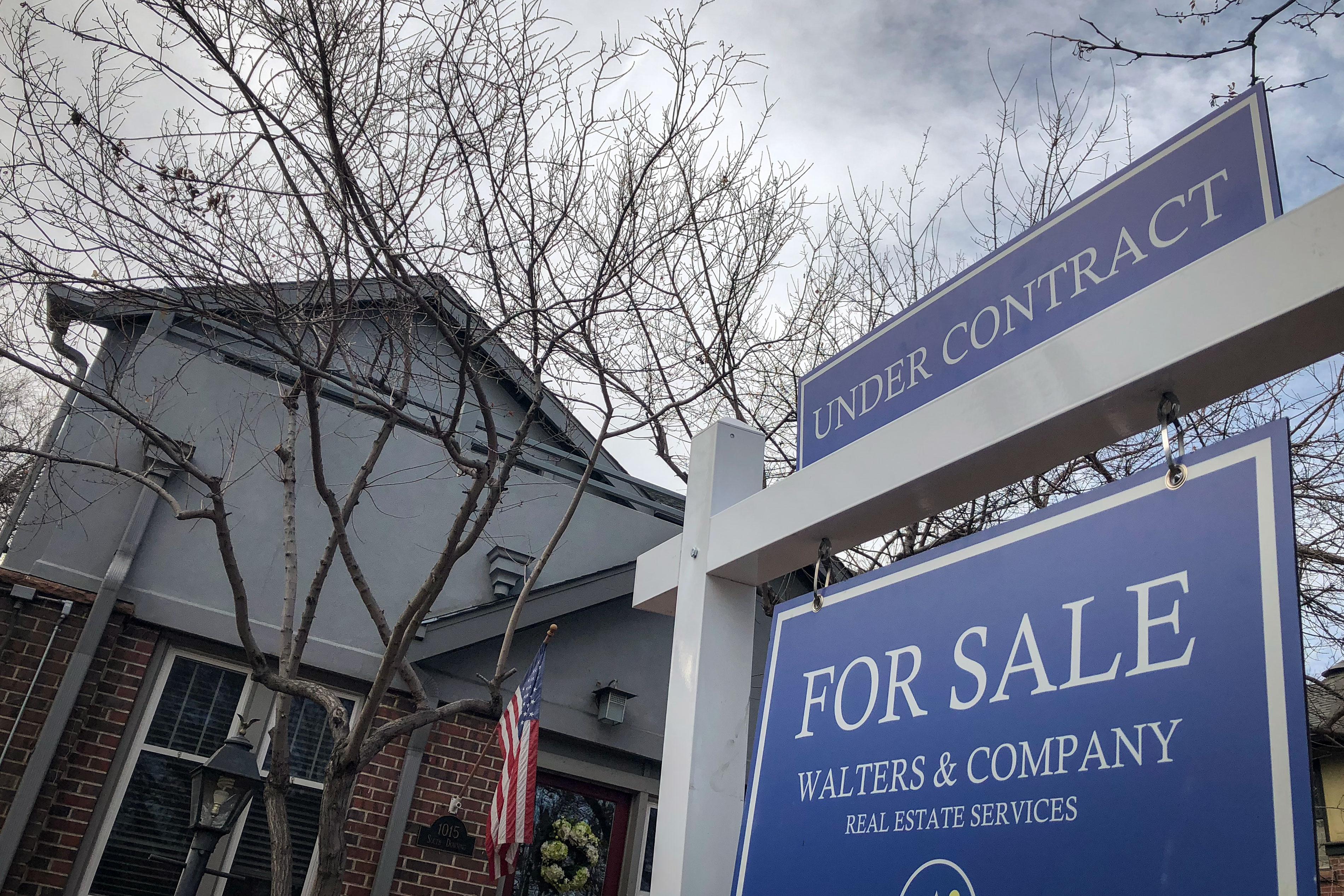

If you own property in metro Denver, your property taxes are probably going up. Eventually.
Assessors from every metro county say median residential property values increased by double digit percentages, from 12 percent in Boulder County to more than 24 percent in Adams County.
Neighborhoods and counties with more affordable homes saw the biggest jumps in assessed value. In Denver, neighborhoods like Globeville and Villa Park saw median assessed values jump 53 percent and 43 percent respectively.
“There’s a lot of competition for those homes,” said Denver Assessor Keith Erffmeyer. “That drives up prices.” Denver residential property values increased 20 percent citywide between June 30, 2016 and June 30, 2018.
At a press conference on Wednesday, Erffmeyer joined assessors from every metro county in presenting the latest review of business and residential property values. That kicked off a nine-month process that will end with new tax bills early next year.
A host of factors affect the actual tax bill property owners will get next year, and the percentage increase in assessed value isn’t a direct measure of how much property taxes will rise.
“What people need to focus on right now, is their value — Is it correct?” said JoAnn Groff, property tax administrator for the Colorado Department of Local Affairs.
Property owners will get notices in the mail within the next few weeks. Denver notices go out this week. Whether it’s a business or a residence, owners have the right to appeal the assessed value through their county.
The window to do that is tight though. In Denver, property owners have until June 3, and the assessors encourage owners to act on it as quickly as they can.
Apartment properties also saw higher than average increases in assessed value. In Arapahoe County, which includes Aurora and Littleton, median values rose 40 percent, for instance.
“We have a very active apartment market,” Arapahoe County Assessor PK Kaiser said.
That was also indicative of the demand for less expensive housing driving up prices, assessors said. Apartments have been an attractive option for investors as the Great Recession and rising student loan debt created a wave of renters. Landlords will get those eventual tax bills, and will likely pass some of that increase on to renters.
Industrial property values also increased. Statewide, median assessed industrial values are up more than 20 percent, with oil and gas property up more than 38 percent. The assessed value of residential property statewide was up 17 percent, but residential values have moderated since the last time assessors looked at properties in Colorado.
“The price increases — the strong increases — they’re not going away,” Erffmeyer said. “But they are slowing down."









